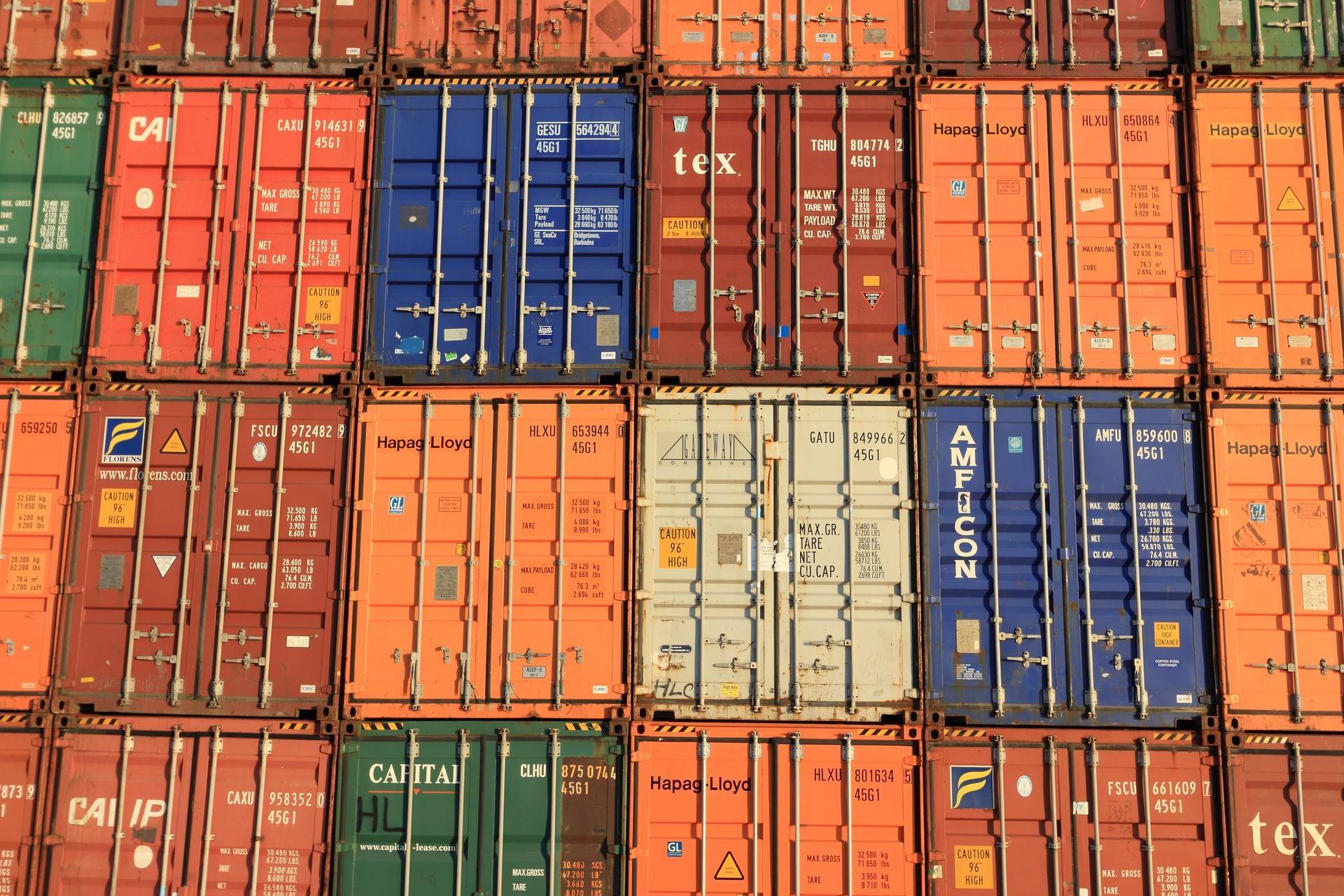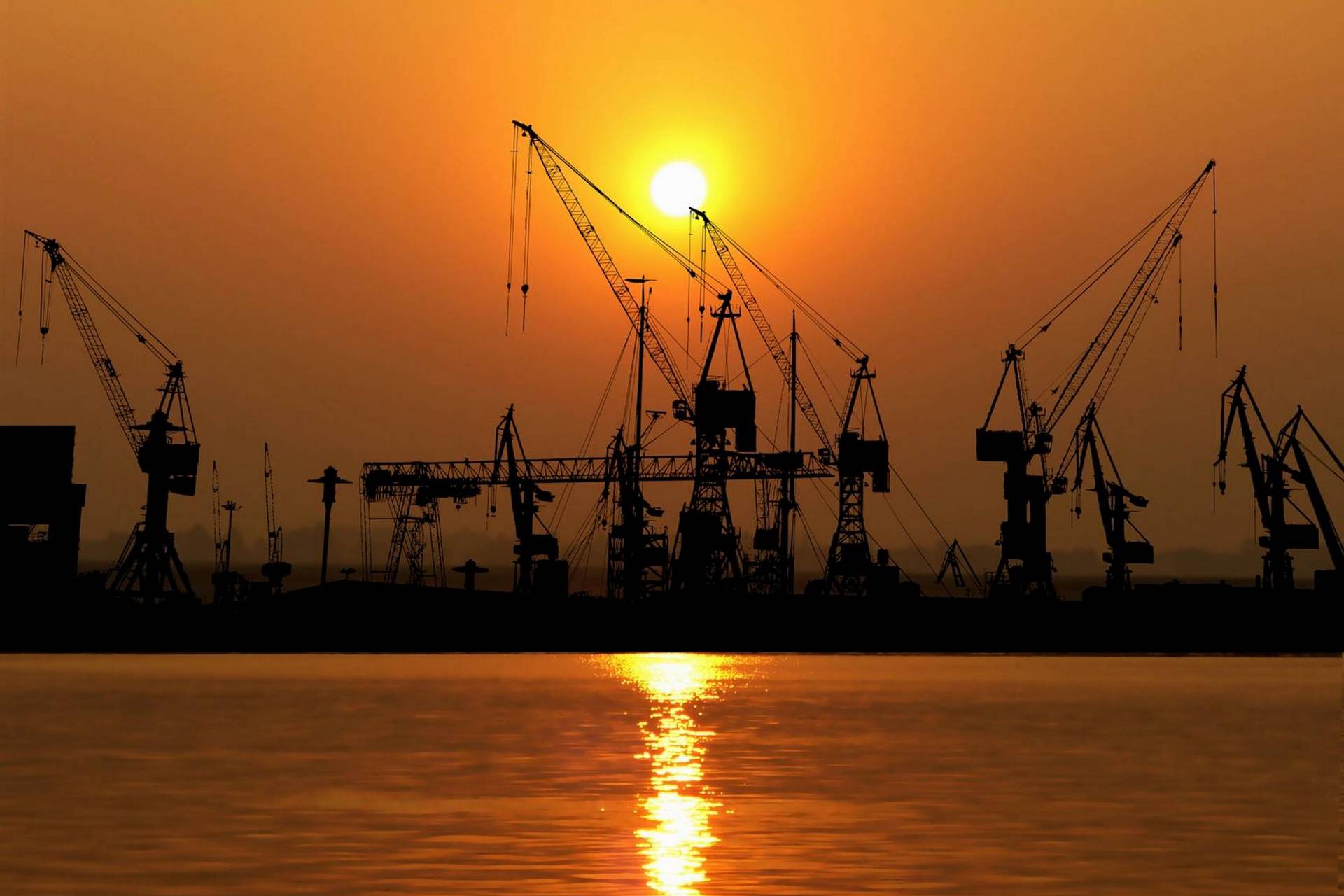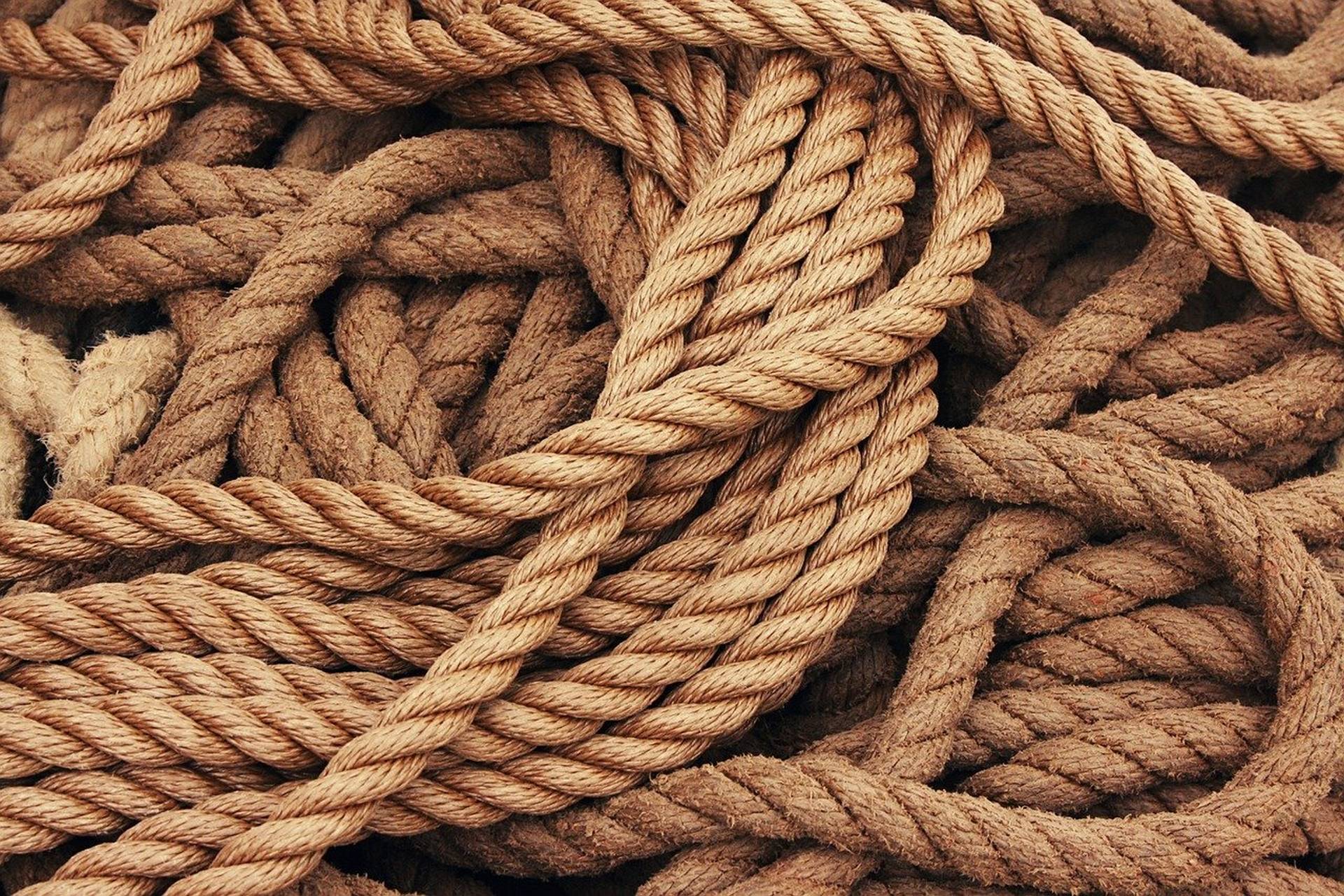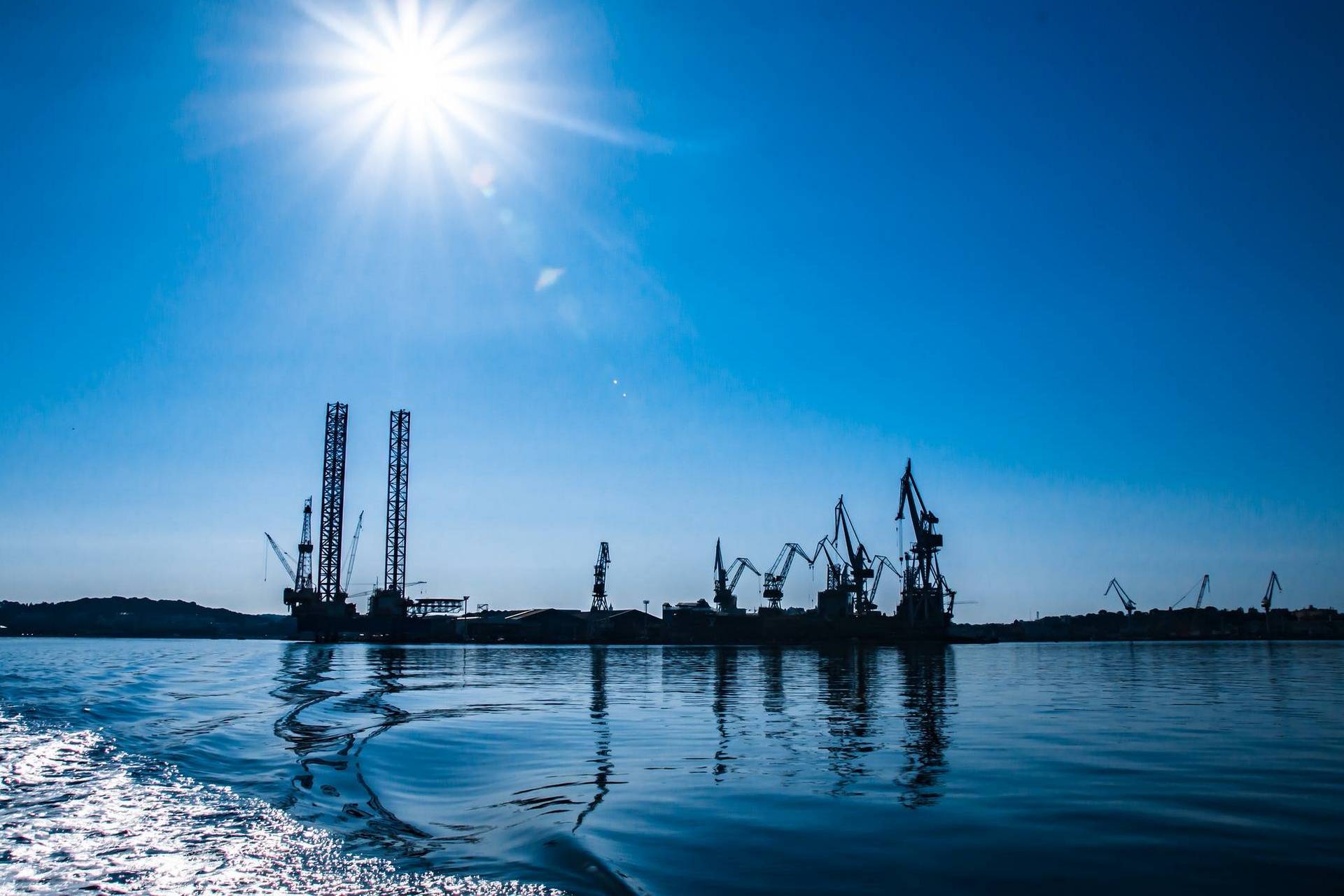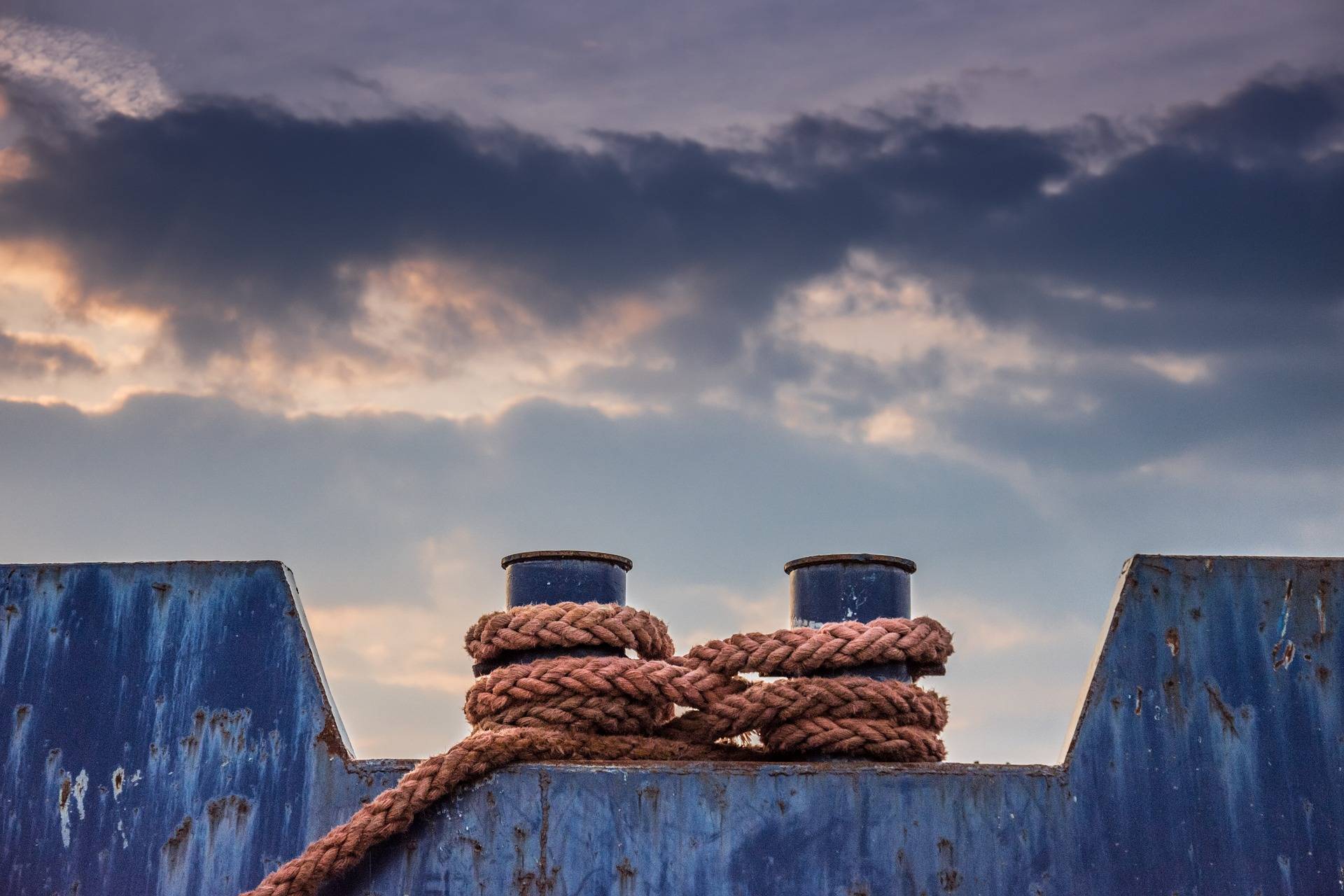Safe operation of coastal power supply to ships
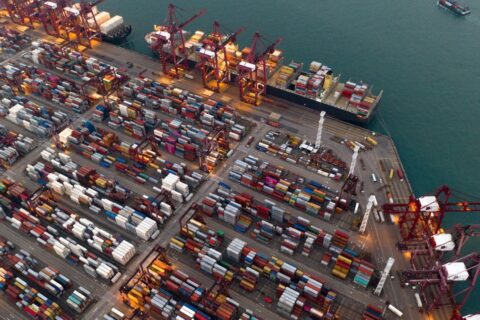 Automatic translation
Automatic translation
Interim Guidelines for the Safe Operation of Onshore Power Supply
In March 2020, IMO agreed on interim guidelines for the safe operation of shore power supply to ships.
In addition to choosing cleaner, cleaner fuels, shore power (also known as cold ironing, alternative marine energy and shore power) is another solution to reduce air pollution and emissions from ships, making it easier to work in sea, as well as limiting local noise.
IMO is drawing attention to the need for global standards for the process of providing shore power to a ship at berth when its main and auxiliary engines are off.
The Subcommittee finalized the Interim Guidelines for the Safe Operation of Onshore Power Supply (OPS) in Port for Ships on International Voyages for submission to the Maritime Safety Committee (MSC) and submitted it to them for approval.
The Subcommittee also agreed to develop a draft manual for hoisting devices and made progress on a corresponding draft manual for anchoring winches. Both sets of guidelines will complement the corresponding draft SOLAS regulation, which is also currently in an advanced stage of development. This manual is part of the work of the Subcommittee on the Prevention of Accidents Involving Hoists and Anchoring Hoists that Harm Operators at Sea and Damage Vessels, Cargo, Onshore and Subsea Facilities, and Water Resources.
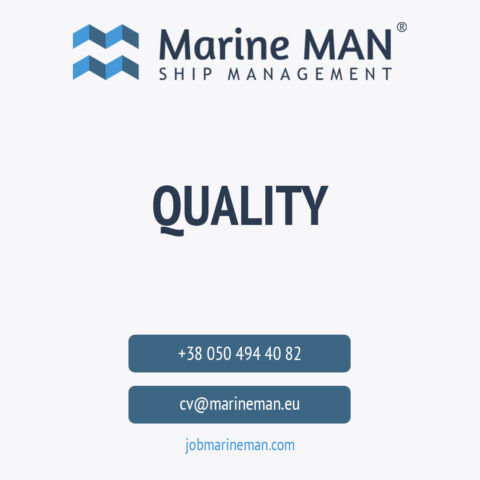 Minimizing the number and consequences of fires
Minimizing the number and consequences of fires
With regard to fire safety, the Subcommittee has continued to work to minimize the number and consequences of fires on Ro-Ro passenger ships following a number of recent serious accidents while operating at sea. The session focused on potential draft amendments to the SOLAS Convention and related codes to improve the prevention, detection and suppression of fires on these types of ships.
The Subcommittee finalized draft amendments to chapter 9 of the International Fire Safety Systems (FSS Code) Code, as well as to the "Revised Guidelines for the Design and Approval of Fixed Water Based Fire Suppression Systems for Ro-Ro Ships and Special Areas" as well as "Guidelines for the maintenance and testing of fixed carbon dioxide fire extinguishing systems"; and continued work on revising the Guidelines for the Approval of Fixed Dry Chemical Powder Fire Suppression Systems for the Protection of Ships Carrying Liquefied Gases in Bulk.
The Subcommittee continued to develop draft amendments to the International Life-Saving Appliance (LSA) Code concerning ventilation of life-saving appliances, especially enclosed lifeboats, and related draft amendments to the "Revised Recommendation on Testing of Life-Saving Appliances" (resolution MSC.81). Their aim is to maintain a habitable environment at all times in such life-saving appliances. Work on partially enclosed lifeboats and rafts will continue at the next session and a correspondence group has been established to deal with intersessional issues.
The Subcommittee has completed a revision of the Standardized Life-Saving Appliance Assessment and Test Report Forms that will benefit Maritime Administrations and other parties. In particular, manufacturers, test centers, owners and inspectors. The forms have been divided into six separate circulars, each corresponding to the relevant chapter of the LSA Code, in order to facilitate their use and future amendments.
During the session, the Subcommittee began revising the Diving Safety Code (last updated in 1995) and related Guidelines and Specifications for Hyperbaric Evacuation Systems.
A correspondence group was established to address key urgent areas and to develop an updated and revised Code with a targeted approach.
